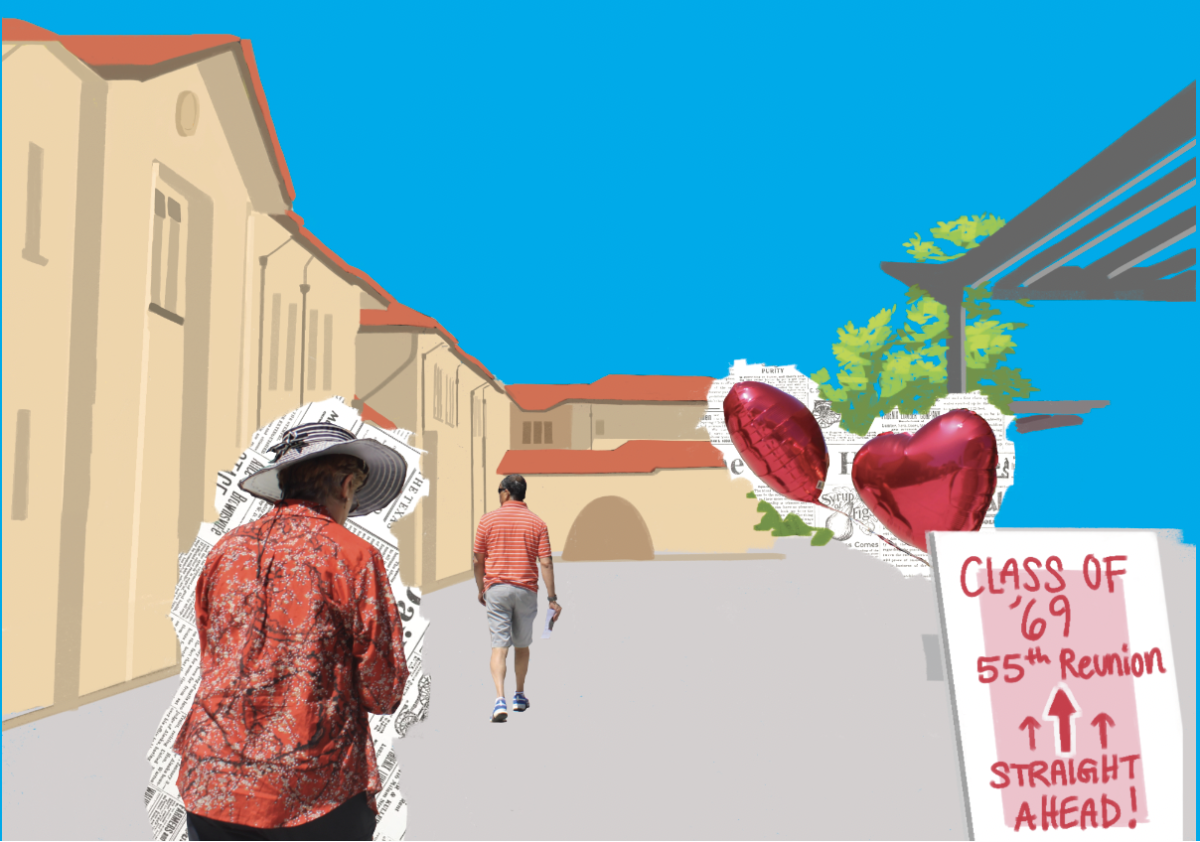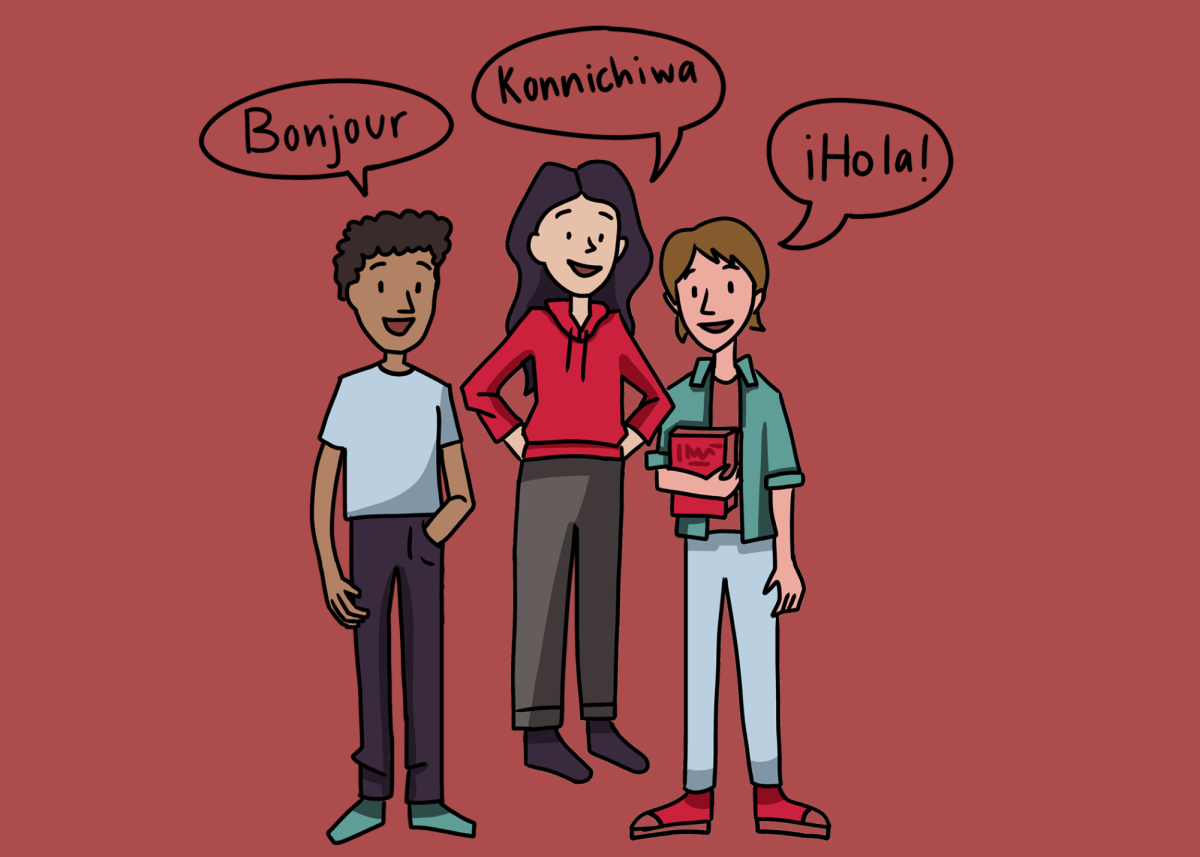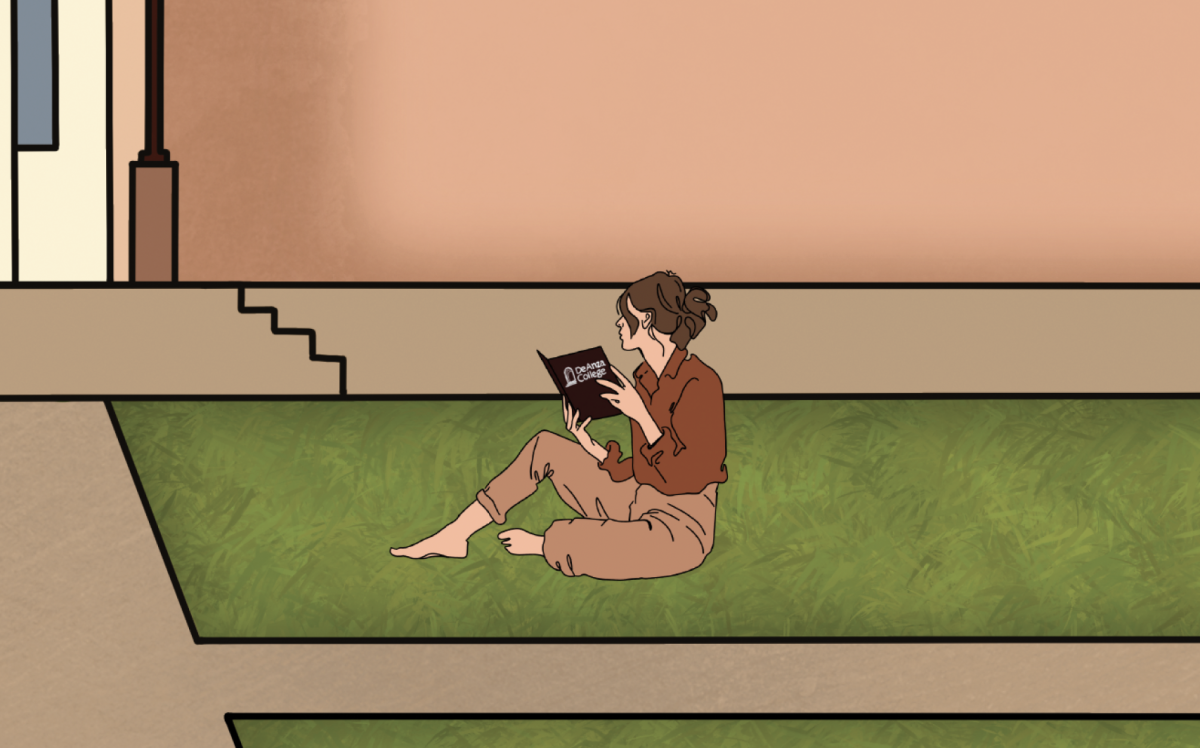Food is an essential ingredient in human life — going beyond sustenance. Many people do not eat to live; they live to eat. Food, a reflection of every individual’s identity, brings pleasure, satisfaction and comfort to many, serving as a rich tapestry interwoven with cultural, social, and emotional threads.
At the heart of many social interactions and family traditions is food. From family dinners to grand feasts, sharing meals breaks down barriers, fuels dialogue and fosters a sense of camaraderie and togetherness. These feelings of togetherness are especially apparent on cultural occasions such as Lunar New Year and Eid, which are characterized by families gathering to enjoy meals. During Lunar New Year, families prepare and enjoy foods like dumplings and fish, which symbolize family and prosperity, as well as surplus and abundance, respectively. On the Islamic holiday Eid-al-Fitr, which is at the end of Ramadan, a holy month of fasting, families gather, go to mosques and celebrate, feasting on food from their culture.
Making food is also a way that many express love — it is a tangible manifestation of care and thoughtfulness, requiring time and effort to prepare. Whether it is a parent cooking a favorite dish for a child, a partner preparing a romantic dinner or a friend baking a comfort dessert during tough times, food serves as a profound, non-verbal way to say “I love you.” Moreover, food is a medium through which cultural heritage is preserved and passed down generations. Traditional recipes, often unwritten, carry the history of those who cooked before, unique to each culture and to each family. With recipes, culinary practices are often passed down through generations, with techniques and methods being taught in family kitchens, embodying the essence of cultural identity — each unique dish carries its stories and customs, whether it is the art of preparing sushi, or simply using one’s hands to eat Indian food. For many, food proves to be one of the deepest ties to their culture.
While food naturally brings people together, its ability to comfort an individual is one of its most endearing qualities, transcending just physical nourishment. Comfort food, often characterized by its simplicity and rich flavors, has a way of evoking a sense of warmth and security and consoling an individual in their loneliest moments. For many, comfort from food is not only in its taste, but in the associations it holds with cherished memories or feelings — it is a reminder of care, love and a simpler time. For instance, one’s grandma’s cooking holds a special place in many people’s hearts, cherished for its unique blend of love, tradition and flavor. For many, fond memories are tied to the comforting aromas and tastes from their grandmother’s kitchen, making it difficult for any other chef’s dish to measure up. Whether it be a bowl of hearty soup on a rainy day or a slice of warm homemade pie, comfort food is a sanctuary of familiarity in a world that is ever-changing.
Food is essential to life — humans can neither live without it, nor would they want to. It provides human beings with nutrition to survive while it also playing a vital role in shaping cultures, traditions and social connections.




















